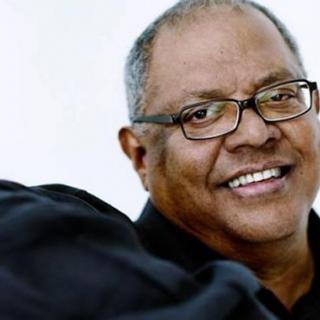
Pablo Milanés.
105 Follower(s)
Pablo Milanés was born in Bayamo, province of Oriente, now province of Granma. He studied music at the Municipal Conservatory of Havana. In its beginnings it was very influenced by traditional Cuban music and by feeling. Feeling is a musical style that began in Cuba in the 1940s and was a new way of approaching the song, where sentiment defined the interpretation and was influenced by the American currents of romantic song and jazz. The sentiment was accompanied by a guitar, in the style of the old troubadours but enriched by jazz harmonizations. This is how this new form of communication or "feeling" with the public was established.
As a composer, Pablo Milanés has played various styles, including the Cuban son and the protest song at the end of the sixties. He has belonged to the Grupo de Experimentación Sonora and has composed themes for the cinema. Through the GESICAIC, both Pablo Milanés and other prominent Cuban musicians, including Silvio Rodríguez, participated in a creative workshop where young Cuban film talents were trained, teaching them the best of Cuban music, which would later be reflected in a generation of filmmakers who music and film merged perfectly. This stage of Pablo Milanés covers from the late sixties to the mid-seventies, and is full of songs by the artist: I do not ask you, The young years, Cuba goes, I saw her today, Yolanda, Do not ask me, The roads, Poor singer, Man who is growing, I will tread the streets again, and others.
Numerous artists have collaborated with him, including Silvio Rodríguez, Ana Belén, Fito Páez, Ricardo Arjona, Maná, Luís Represas, Joaquín Sabina, Caco Senante, Ismael Serrano, Joan Manuel Serrat, Los Van Van, Carlos Varela, Lilia Vera. , Victor Manuel or Javier Ruibal.